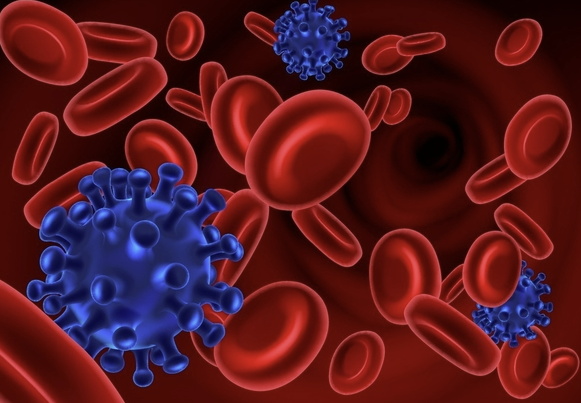
Hello. I'm Jinny, a pharmacist.
What do you think of when you think of "immunonutrients"? I'm sure many of you think of zinc. Zinc is also recognized by the Ministry of Food and Drug Safety as necessary for normal immune function and cell division.
Today, we're going to take a look at why zinc is good for immunity and how it can help with immunity.

Zinc plays a very important role in basic cellular functions, such as DNA replication and RNA transcription.
Therefore, it is essential for the proper functioning of the cells that mediate innate and acquired immunity, that is, immune cells.
For example, macrophages that kill bacteria that invade our body, NK cells that destroy virus-infected cells and cancer cells, etc., cannot function properly if zinc is deficient.

Second, oxidative stress builds up and weakens the immune system by damaging cells, so immunity and antioxidants go hand in hand. Zinc is also known as an antioxidant.
Zinc is responsible for increasing the synthesis of glutathione, an antioxidant that plays an important role in redox reactions in the body.

Third, it also controls excessive inflammatory responses. Inflammation is part of the immune response to protect the body from pathogens such as bacteria and viruses. However, if the inflammation is excessive or persistent, it can be harmful to the body and must be finely controlled.
However, zinc can control a transcription factor called NF-κB, which acts as a master switch for inflammation, preventing the production of pro-inflammatory cytokines that cause inflammation.
Today, we've learned why zinc is important for immune function. Since zinc is not stored in the body, it is recommended to frequent zinc-rich foods such as oysters, bean grains, and brown rice.
I hope you have a healthy day in body and mind. It was Jinny.




![[GABA Benefits] 3 Benefits of GABA for Relaxation and Sleep](http://esther-mall.com/cdn/shop/articles/26.jpg?v=1733991499&width=480)